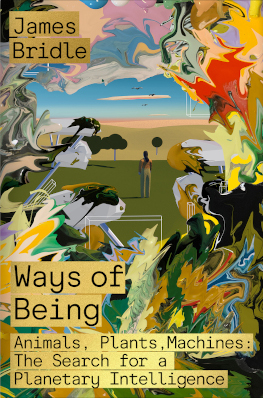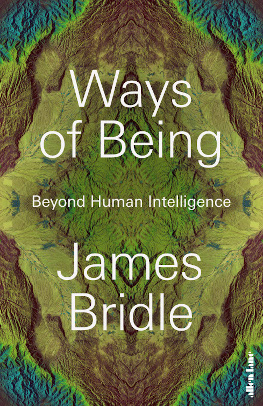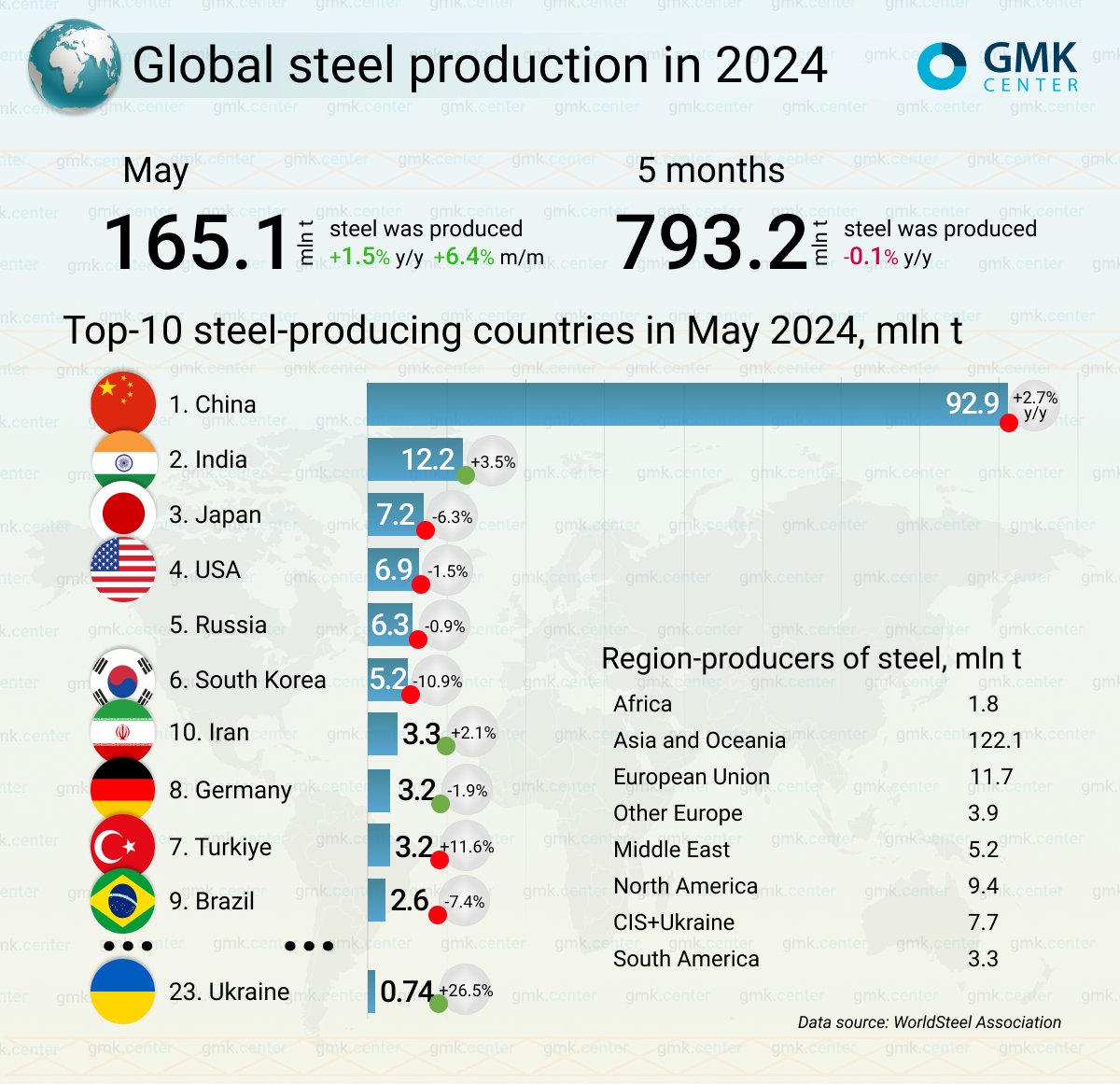Denn wer in einer Gesellschaft lebt, grenzt andere aus; wer Regeln versteht, will diese überwachen; wer Vertrauen schenkt, macht sich abhängig; wer Wohlstand erzeugt, schafft Ungleichheit und Ausbeutung; wer Frieden will, muss manchmal kämpfen.
投稿者「phrh205455」のアーカイブ
Impermanent(何も永遠でない)
どんなことにも はじまりがあり おわりがある
どんな人も生まれ 生きて 死ぬ
永遠と信じられているものも 永遠ではない
永遠だと思いたい愛も 人の心変わりや人の死で終わる
永遠と思われてきた宇宙にも誕生があり 終焉がある
宇宙のなかに生まれた太陽系も いつかは消滅する
太陽系のなかで生まれた地球も いつかは消滅するから
どんな地球上の生命も 途絶は免れない
地球上のどの生物群も 出現し 繁栄し 絶滅し
入れ替わるかのように出現した生物群も 繁栄し 絶滅した
現在の人類も出現し 生き延び 繁栄してきた
このあと 多くの生物群が辿ってきたように絶滅する
人類絶滅のあとも 新しい生物群があらわれ
大量絶滅と入れ替わりが繰り返される
そしていつか 生命は途絶え 地球は消滅し
太陽系も消滅し 宇宙にも終焉が来る
長い時間のなかで どんないのちも短く儚い
広い宇宙のなかで輝くいのちは まさに奇跡だ
星がウワサするから(별들에게 물어봐)
Anthropocentrism / Humanocentrism / Human Supremacy / Human Exceptionalism (人間中心主義)
Anthropocentrism is the belief that human beings are the central or most important entity on the planet. The term can be used interchangeably with humanocentrism, and some refer to the concept as human supremacy or human exceptionalism. From an anthropocentric perspective, humankind is seen as separate from nature and superior to it, and other entities (animals, plants, minerals, etc.) are viewed as resources for humans to use.
It is possible to distinguish between at least three types of anthropocentrism:
perceptual anthropocentrism (which “characterizes paradigms informed by sense-data from human sensory organs”);
descriptive anthropocentrism (which “characterizes paradigms that begin from, center upon, or are ordered around Homo sapiens / ‘the human'”);
and
normative anthropocentrism (which “characterizes paradigms that make assumptions or assertions about the superiority of Homo sapiens, its capacities, the primacy of its values, [or] its position in the universe”).
Anthropocentrism tends to interpret the world in terms of human values and experiences. It is considered to be profoundly embedded in many modern human cultures and conscious acts. It is a major concept in the field of environmental ethics and environmental philosophy, where it is often considered to be the root cause of problems created by human action within the ecosphere. However, many proponents of anthropocentrism state that this is not necessarily the case: they argue that a sound long-term view acknowledges that the global environment must be made continually suitable for humans and that the real issue is shallow anthropocentrism.
Ways of Being (James Bridle)
はじめ と おわり
138億年前 宇宙の誕生
50億年前 太陽系の誕生、45億年前 地球の誕生、40億年前 生命の誕生
数十億年前~数千万年前 生物の大量絶滅と生物群の入れ替わり
24億年前 ヒューロニアン氷期の開始 生物の大規模な絶滅
5.41億年前 エディアカラ生物群の絶滅
4.44億年前 オルドビス紀末の大量絶滅
3.83億年前 (後期デボン紀)ジベティアン-フラニアン境界の大量絶滅
3.72億年前 (後期デボン紀)フラニアン-ファメニアン境界の大量絶滅
3.59億年前 (後期デボン紀)ファメニアン-トルネーシアン境界の大量絶滅
2.52億年前 ペルム紀末の大量絶滅
2.14億年前 大型の隕石がカナダのケベック州に落下(コノドントや放散虫の群集の絶滅)
2.01億年前 三畳紀末の大量絶滅
1.1955億年前 大規模海洋無酸素環境が持続し、海洋生物が大量絶滅
約6600万年前 ユカタン半島に隕石が落下。非鳥類型恐竜と翼竜が絶滅。北アメリカ大陸の陸上植物が壊滅。海洋生態系ではアンモナイトやなどが絶滅。
1160万年前 原因不明の最後の生物の大量絶滅
30万年前 ホモ・ネアンデルターレンシスの出現
20万年前 ホモ・サピエンスの出現
8万年前 ホモ・サピエンスの「出アフリカ」
7.4万年前 スマトラ島の大噴火が地球の寒冷化を促し、人類の人口が1万人以下に激減。現在の人類につながる集団のみが残った
私たちの時代
数万年後 現在の人類の絶滅
数十万年後 人類の絶滅
数千万年後~数十億年後 数回にわたる生物群の絶滅と生物群の入れ替わり
数十億年後 生命の途絶、地球の消滅、太陽系の消滅
百億年後 宇宙の消滅
Global Steel Production
社会の老化(河合雅司)
日本のような「老いた国」においては、高齢者の意見や意向が通りやすく、むしろ若い世代に従来の社会規範を遵守し、価値観に合わせるようプレッシャーをかける。これでは社会が大きなマンネリに陥り、世界から遅れていくのも当然である。成長分野がなかなか登場しないのも、さまざまな分野で国際ランキングが低迷し、国際競争力に陰りが見られるようになったのも、すべての元凶は「社会の老化」にあると言ってよい。
「挑戦」を好まない姿勢を続けたのでは、日本社会は想定以上に早く衰退のときを迎えよう。若い世代に手枷足枷を嵌める愚を改めなければ、疑いなく、先進国の座から転げ落ちる。
革新的な方策を取らなければ、日本は滅亡への道を歩み続けることになる。






